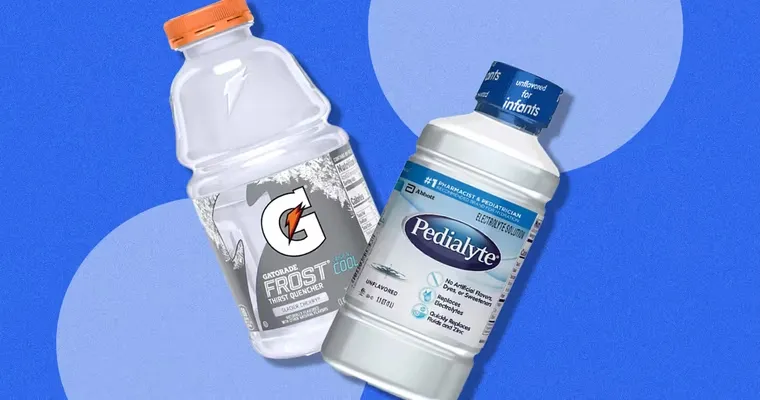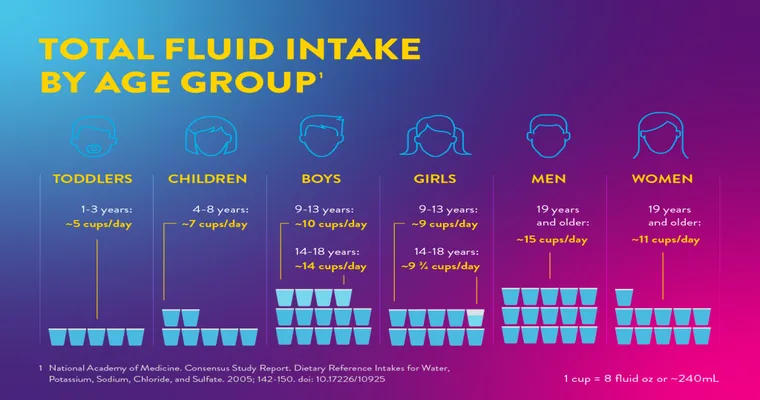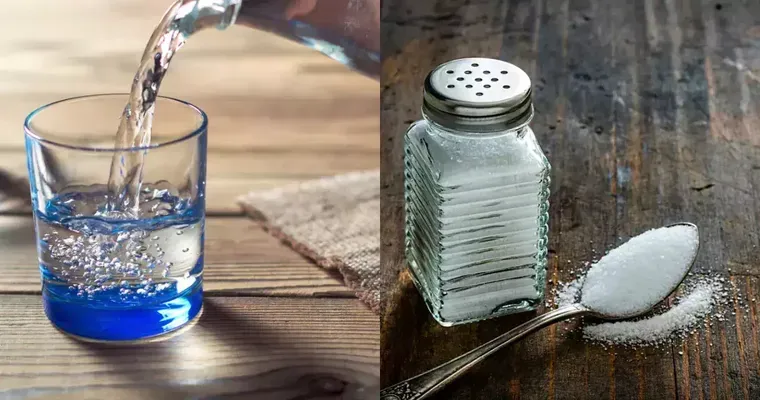Pedialyte is a popular oral rehydration solution designed to help replenish "fluids", "electrolytes", and "nutrients" lost due to dehydration. While it is widely used for both children and adults experiencing dehydration from illness, exercise, or heat, many people are concerned about the potential "side effects" associated with its use. In this article, we will explore the common side effects of Pedialyte, provide advice on its usage, and discuss when to seek medical attention.
One of the most common side effects of Pedialyte is mild gastrointestinal discomfort. Some individuals may experience "nausea", "vomiting", or "diarrhea" after consuming the solution. These symptoms are often temporary and can be attributed to the body's adjustment to increased fluid intake or the specific ingredients in Pedialyte. If you or your child experience persistent gastrointestinal issues after taking Pedialyte, it may be worth considering a different rehydration method or consulting a healthcare professional.
Another potential side effect is an "allergic reaction". Although rare, some people may be sensitive to certain ingredients found in Pedialyte, such as artificial flavors or colors. Symptoms of an allergic reaction can include "rash", "itching", or "swelling". If you notice any of these symptoms after consuming Pedialyte, it is crucial to stop using the product immediately and seek medical advice.
Pedialyte contains sugars and electrolytes, which can sometimes lead to an "increase in blood sugar levels". This is particularly important for individuals with diabetes or those monitoring their blood sugar. If you have concerns about sugar intake or blood sugar management, consult with a healthcare provider before using Pedialyte.
For most individuals, Pedialyte is safe when used as directed. However, it is essential to follow the recommended dosage guidelines to avoid excessive fluid intake, which can lead to "water intoxication". Symptoms of water intoxication include "headaches", "confusion", and in severe cases, seizures. If you suspect that you or someone else may be experiencing water intoxication, seek medical help immediately.
When using Pedialyte, consider the following advice to minimize potential side effects:
1. "Start with Small Amounts": If you or your child are experiencing nausea, start with small sips of Pedialyte to see how your body reacts before consuming larger quantities.
2. "Monitor Symptoms": Keep an eye on any symptoms that may arise after taking Pedialyte. If any side effects persist or worsen, consult a healthcare professional.
3. "Check Ingredients": Always read the label to ensure that you are not allergic to any ingredients in the product. If you have specific dietary restrictions, look for Pedialyte options that cater to those needs.
4. "Consult a Healthcare Provider": If you are unsure about the suitability of Pedialyte for your situation, especially if you have underlying health conditions, it is best to consult a healthcare provider for personalized advice.
In conclusion, while Pedialyte is an effective solution for rehydration, it is essential to be aware of its potential side effects. By following the advice provided and monitoring your body's response, you can use Pedialyte safely to help restore hydration and electrolytes. Always remember to consult a healthcare professional if you have any concerns or experience severe side effects.





